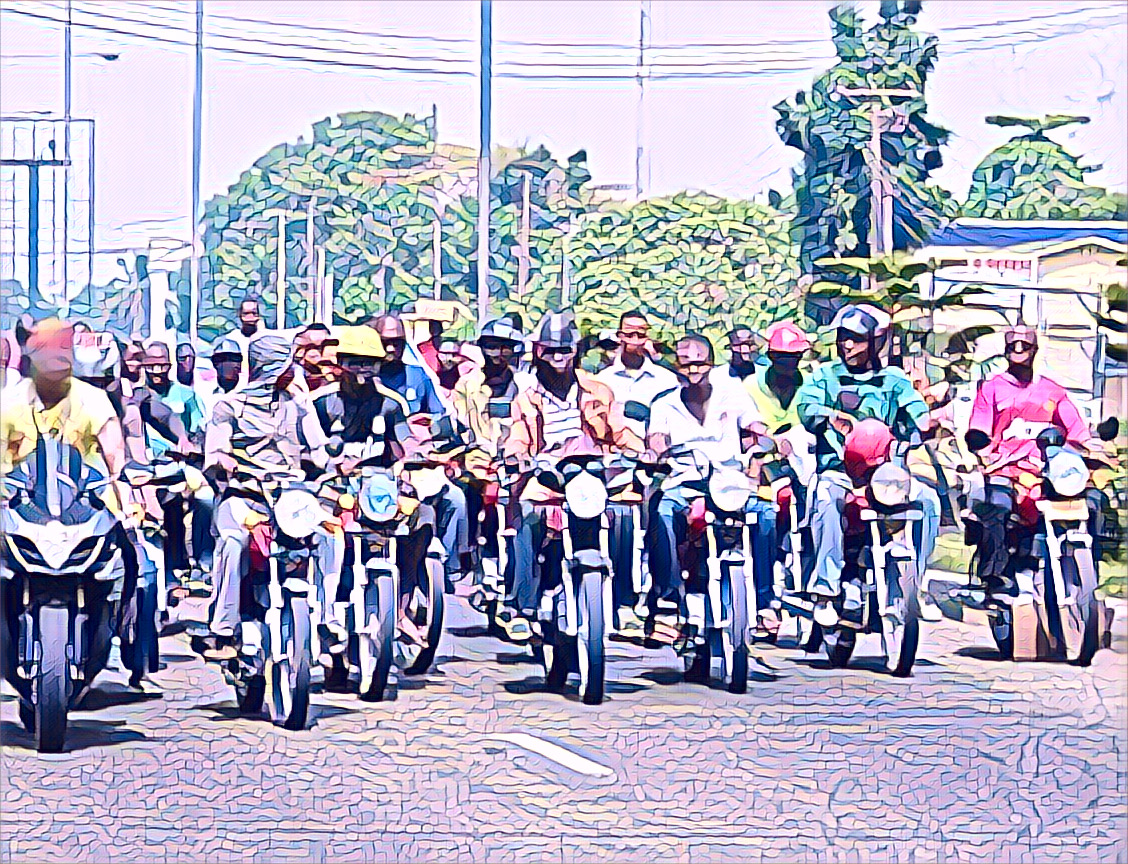Tensions rose in Asaba as the local police force stepped in to address a protest led by motorcycle riders, popularly known as Okada riders, against the activities of the task force. The protest, which disrupted normal activities in the city, highlights ongoing challenges between the authorities and informal transport operators.
The Okada riders expressed grievances over what they perceive as harassment and extortion by members of the task force tasked with enforcing traffic regulations. Their protest underscores broader concerns about the livelihoods of informal workers and their interactions with law enforcement agencies.
The intervention of the police aims to de-escalate tensions and facilitate dialogue between the Okada riders and the relevant authorities. By engaging with both parties, law enforcement seeks to address the root causes of the conflict and find mutually beneficial solutions that promote peace and cooperation.
The protest in Asaba reflects similar tensions observed in other urban centers across Nigeria, where informal transport operators often clash with regulatory authorities over issues such as licensing, safety standards, and enforcement of traffic rules. These tensions underscore the complexities of urban governance and the need for inclusive policies that balance public safety with the livelihoods of informal workers.
As the police work to restore calm and address the concerns raised by the Okada riders, stakeholders emphasize the importance of dialogue, transparency, and accountability in resolving conflicts and building trust between communities and law enforcement agencies. By fostering constructive engagement, Asaba can overcome its current challenges and foster a more harmonious relationship between all stakeholders.
Despite the tensions and challenges, there is hope for a resolution that respects the rights and dignity of all parties involved. Through collaborative efforts and a commitment to fairness and justice, Asaba can emerge stronger and more resilient, setting an example for inclusive governance and community-led solutions to complex social issues.
Source: Tribune


